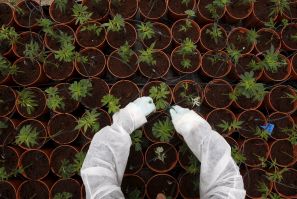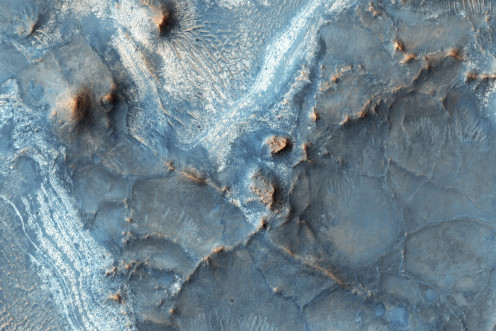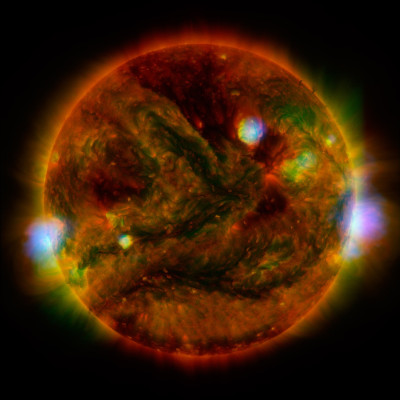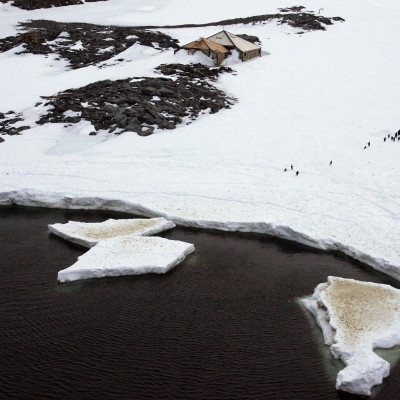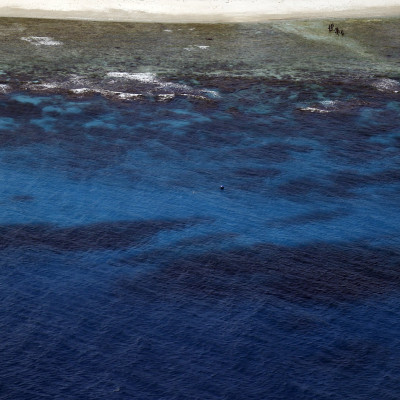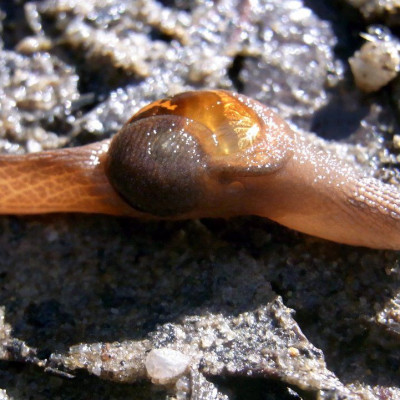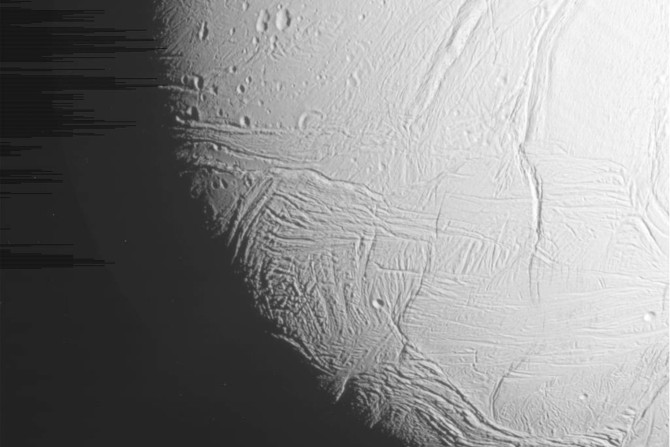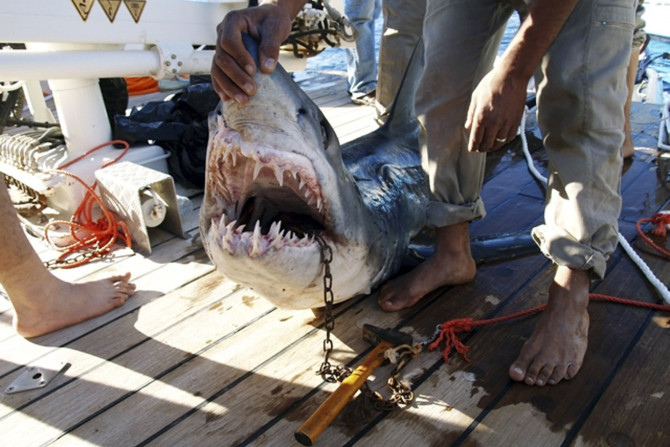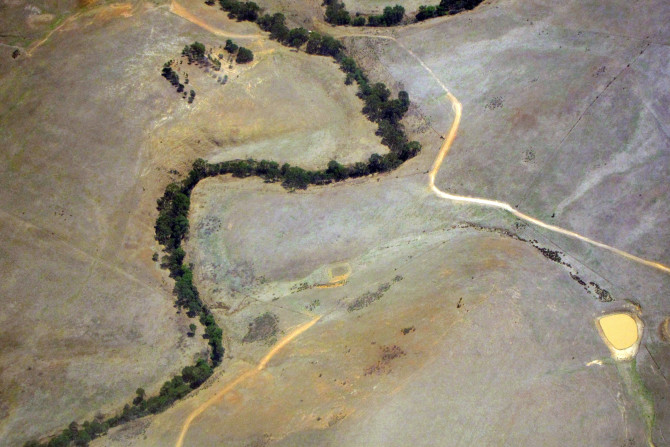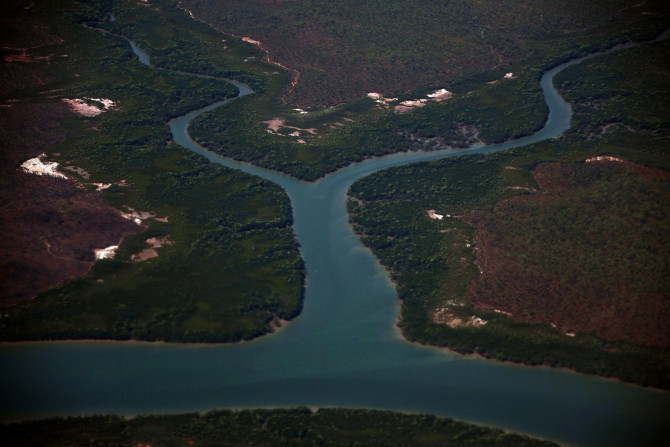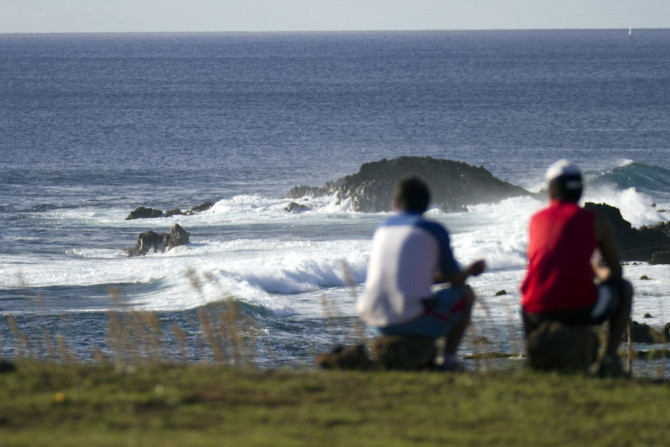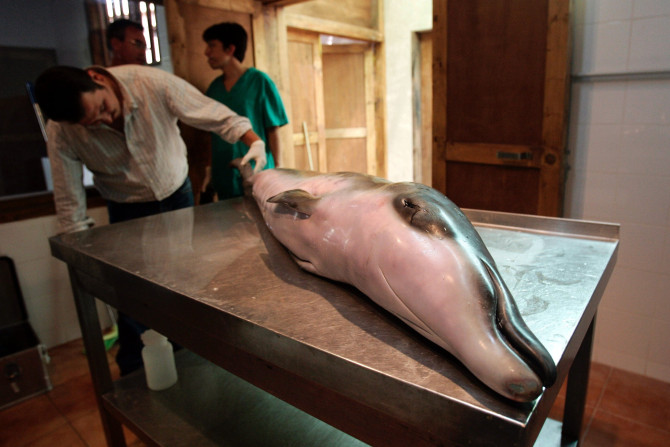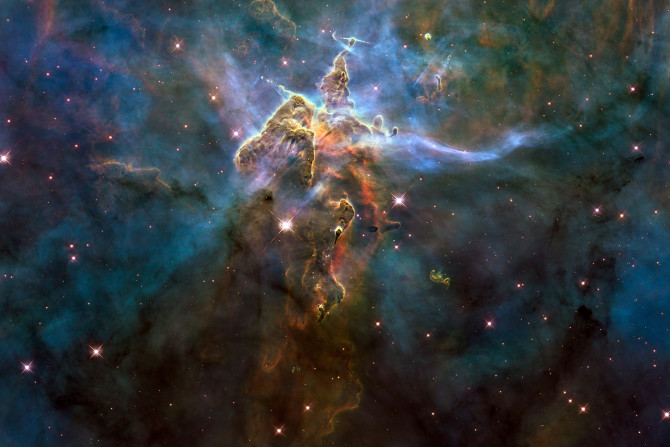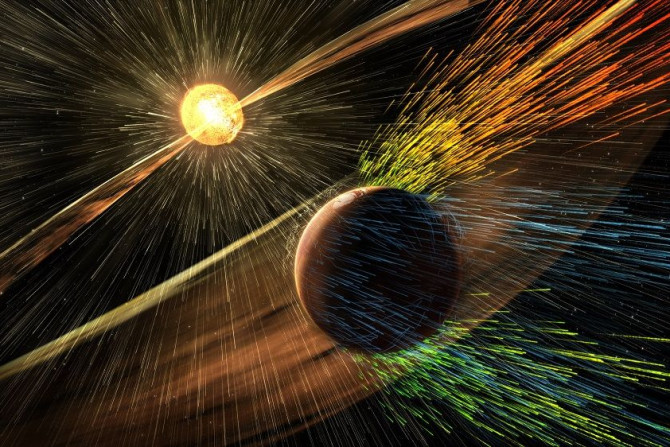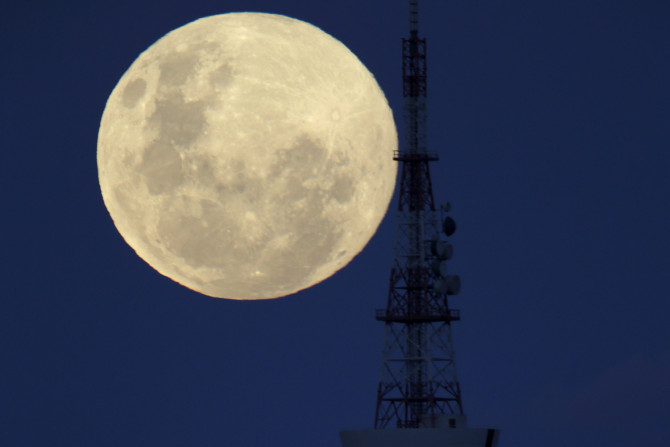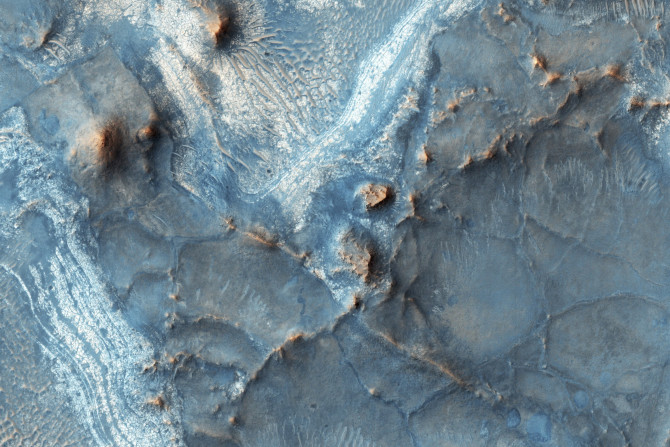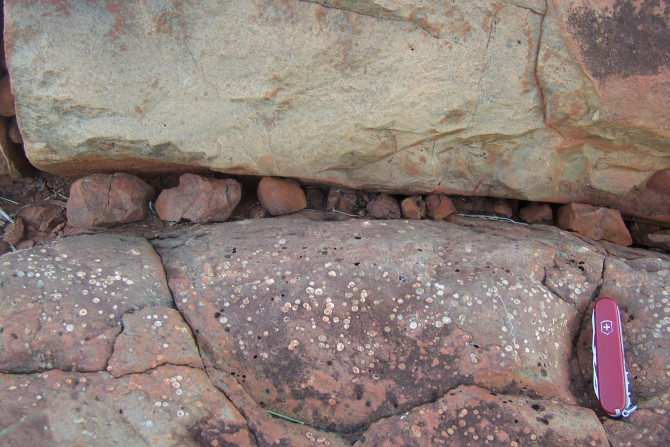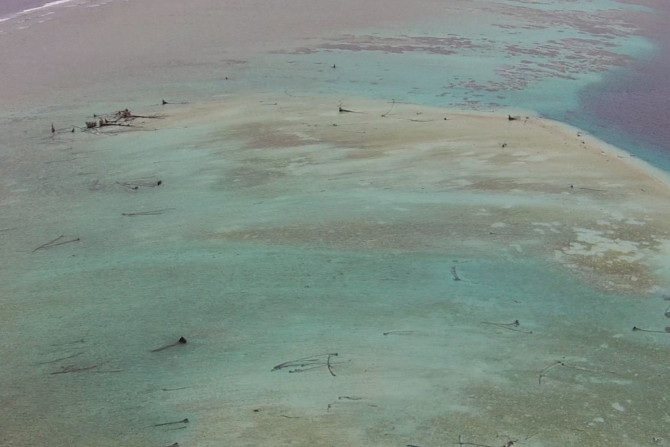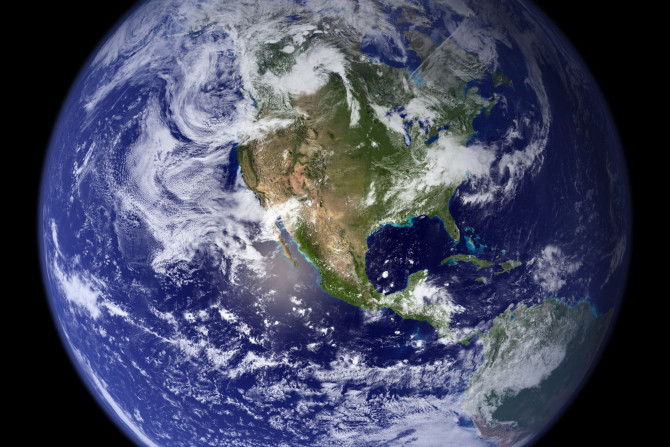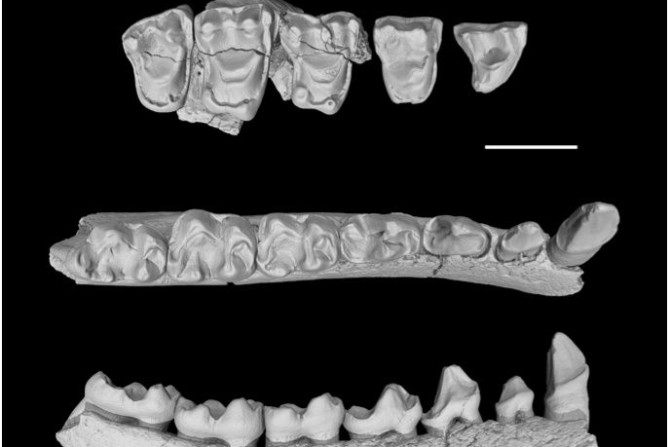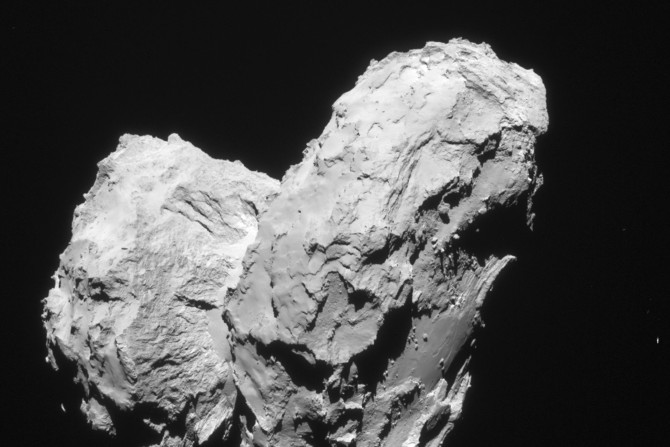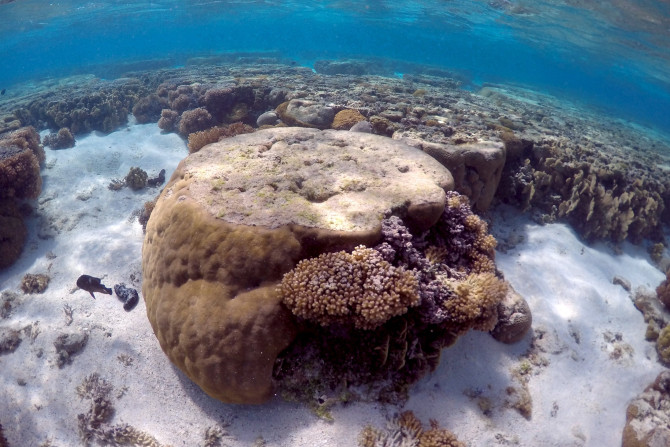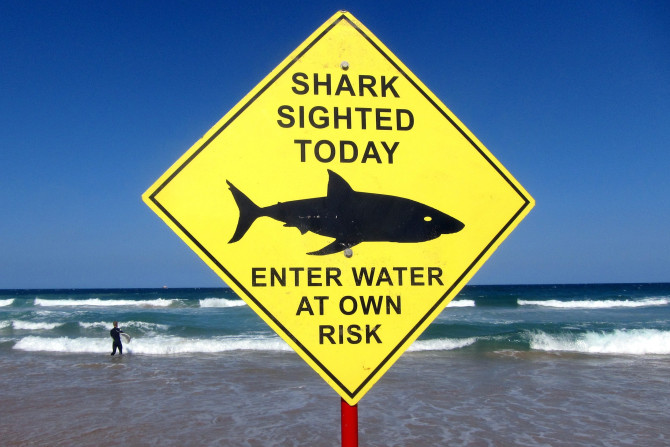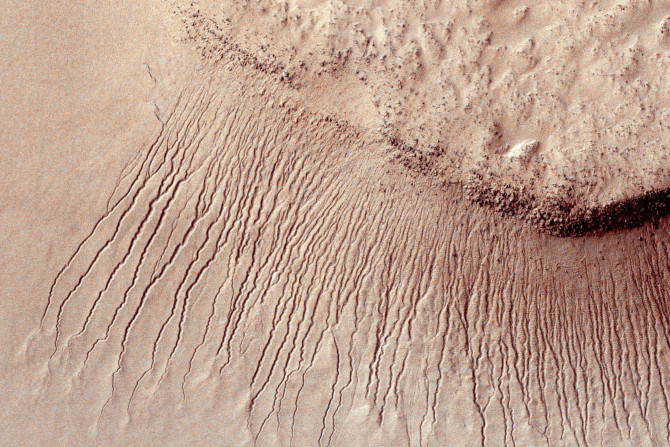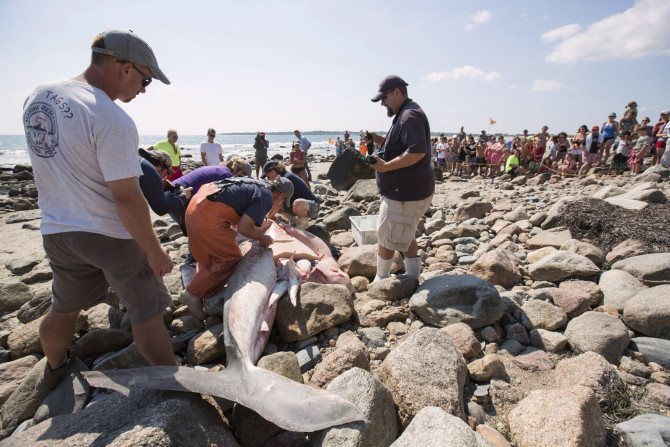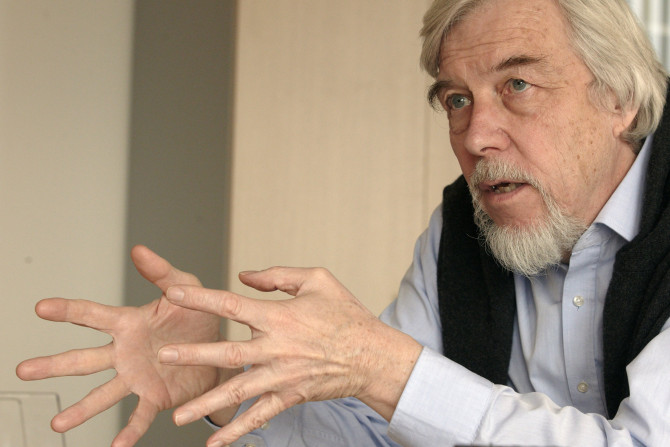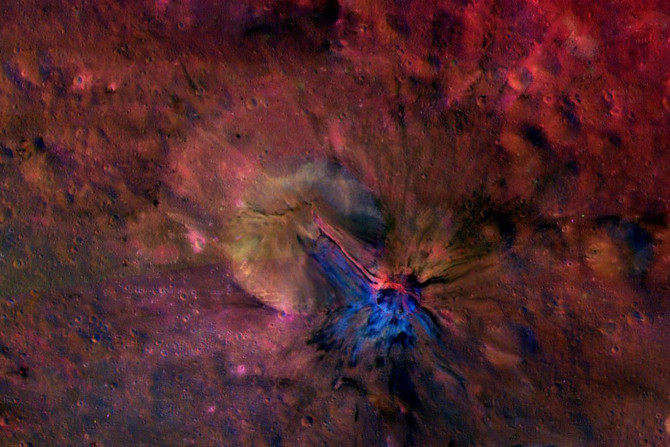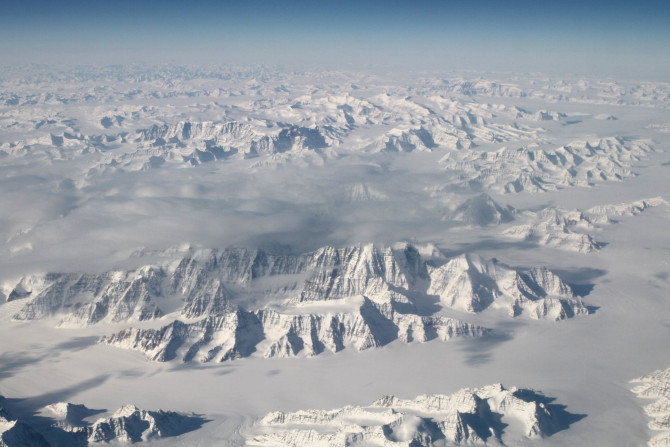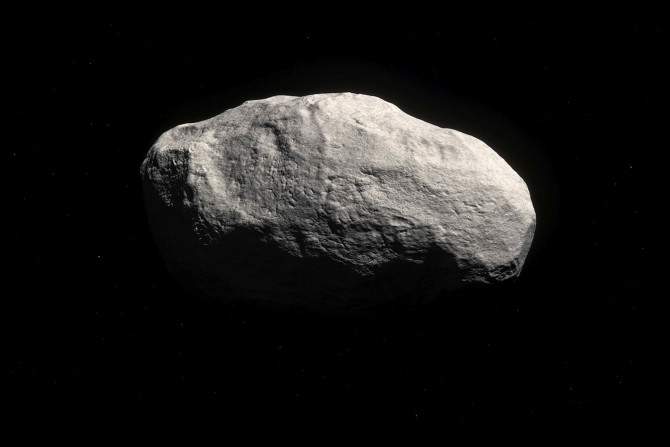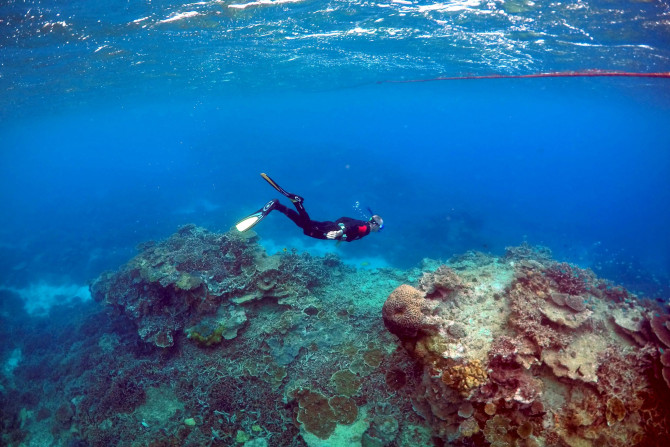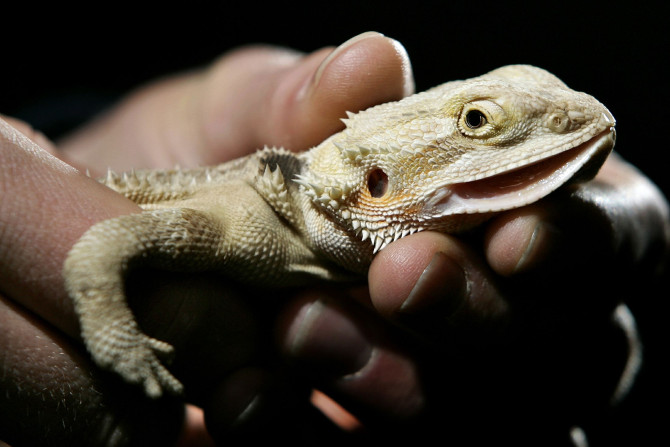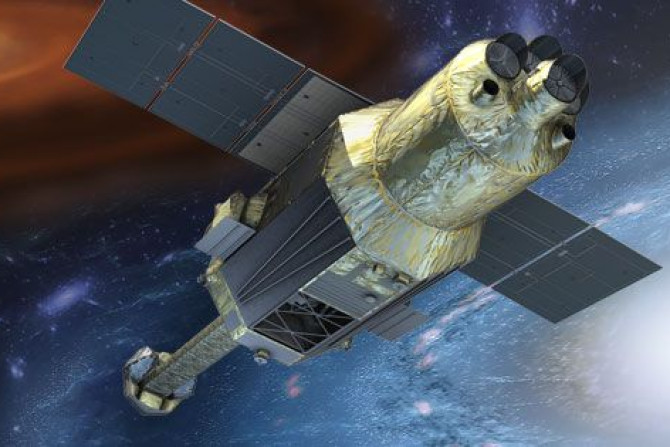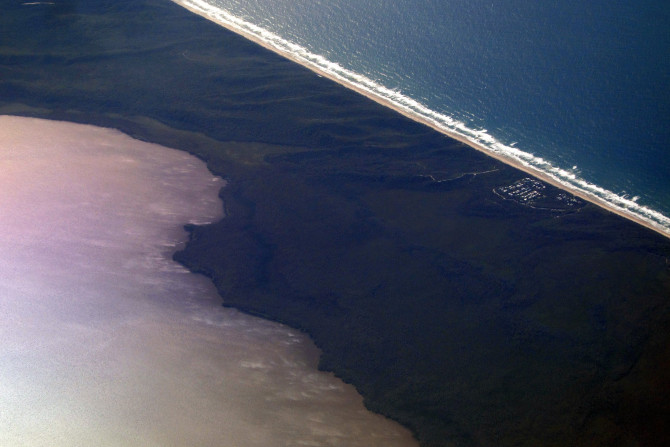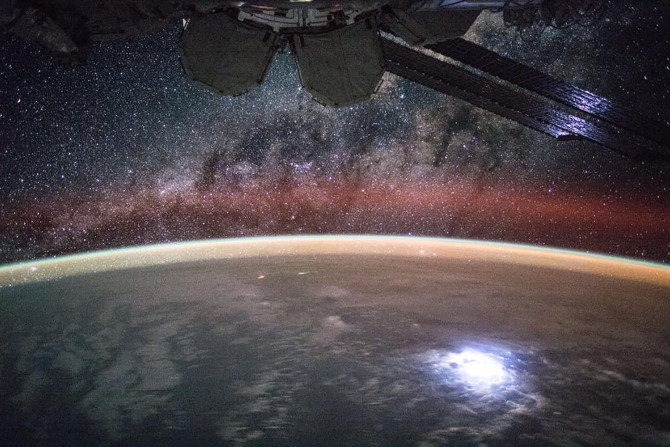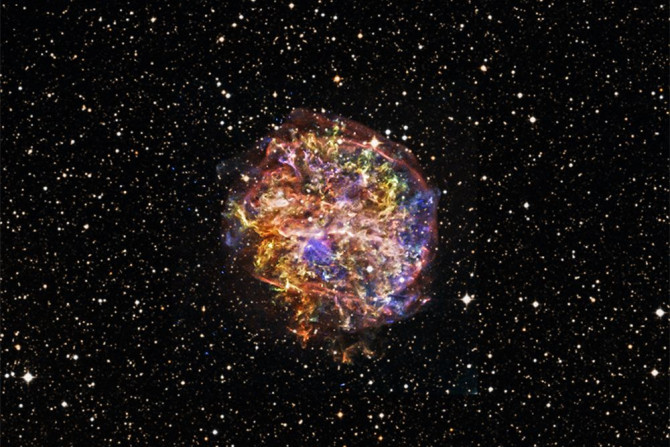Europa and Enceladus may melt into ocean moons and any life-form, if at all they are hidden or trapped beneath the icy moons, may come to life in five billion years.
Ritwik Roy May 18, 2016
Humans and animals in the ocean emit an electric field with every flick of fin or twitch of a muscle. Sharks are able to detect the electric field while searching for prey.
Ritwik Roy May 17, 2016
Carbon dioxide levels breaching the 400ppm mark signifies a rising emissions problem, and the rate at which greenhouse gas emissions are rising is a matter of serious concern.
Ritwik Roy May 16, 2016
If the mangroves keep dying, shorelines will erode, sediment will become mobilised and will redeposit elsewhere. Soon the entire ecosystem would be disrupted and smaller fish won’t have a safe habitat.
Ritwik Roy May 15, 2016
A 9.0 magnitude earthquake in the Aleutians may strike in the next 50 years and it would trigger a tsunami that may destroy Hawaii completely.
Ritwik Roy May 15, 2016
After scientists discovered the extra teeth in the beaked whale, they appealed to fellow colleagues across the world, including Smithsonian Institute in the US. No one could arrive at an answer.
Ritwik Roy May 15, 2016
For the first time scientists found a way to sample the chemistry of ancient Earth's upper atmosphere. Surprisingly, the sampling indicated much higher concentrations of oxygen than expected.
Ritwik Roy May 12, 2016
New data from Swarm satellites suggest how changes in magnetic field of Earth may determine how space events such as solar storms will affect life in future.
Ritwik Roy May 12, 2016
This new study has debunked popular theories that associate full moon with depression, psychotic episodes, dog bites, car accidents and suicide.
Ritwik Roy May 11, 2016
SOFIA soars on a plane 45,000 feet above Earth. The discovery of atomic oxygen is immensely exciting as Mars is considered human’s potential new home.
Ritwik Roy May 10, 2016
As the sun was 20 percent less luminous 2.7 billion years ago, earth would have been covered in ice if it had similar atmospheric conditions prevailing now. Still, life prevailed.
Ritwik Roy May 10, 2016
In March, NASA scientist James Hansen, who is well-known for his studies on climate change, estimated that in the coming century, sea levels may rise by seven metres.
Ritwik Roy May 10, 2016
Researchers from Columbia University have suggested various measures to combat doomsday, such as uploading human minds to machines or altering earth’s orbit by launching an asteroid.
Ritwik Roy May 09, 2016
As anthropoid primates, from whom monkeys, apes and humans came, first appeared in Asia, it is important to understand their fate on the continent to find out more about human evolution.
Ritwik Roy May 06, 2016
Early earth’s oceans were bombarded by large meteors, comets and asteroids, which were responsible for planting the seeds of life that then took root after certain hydrothermal systems started operating.
Ritwik Roy May 05, 2016
Director of ARC Centres of Excellence, professor Terry Hughes, is vigorously spreading awareness on the condition of the Great Barrier Reef and criticising authorities for not taking appropriate actions.
Ritwik Roy May 05, 2016
Shark policy expert Christopher Neff wants makers of the technology to study the total ecological impact of the cable. However, he is pretty upbeat about the new shark deterrent cable.
Ritwik Roy May 03, 2016
Inside the Martian chamber, the melting ice produced liquid water that boiled energetically. It flowed down the slopes and then filtered into the sand.
Ritwik Roy May 03, 2016
The cable is harmless to humans and sharks and floats just under the ocean surface. The cable works electronically and it confuses sharks’ sensory system.
Ritwik Roy May 02, 2016
In 2013, IceCube scientists said that they had detected two neutrinos coming from outside our galaxy and unimaginably energetic. Now, the source of such extragalactic neutrinos may have been revealed.
Ritwik Roy Apr 30, 2016
To verify their results, the scientists compared the 2-billion years old crystals to crystals that are much more ancient (more than 4 billion years old). The hypothesis proved right.
Ritwik Roy Apr 30, 2016
More than 12 percent of Greenland’s ice sheets have melted, which is alarming. The cause of this has been attributed to warm air passing through Greenland from south-west.
Ritwik Roy Apr 30, 2016
The researchers are of the opinion that tailless Manx formed in the same region as earth, unlike most comets, that formed in the far icy reaches of the solar system.
Ritwik Roy Apr 30, 2016
The scientists warned that if greenhouse gases keep rising, then by mid-2030s, the reef will start experiencing deadly coral bleaching events like the current one every two years.
Ritwik Roy Apr 29, 2016
Humans generally experience four or five long slow-wave/REM sleep cycles every night. Shockingly, the Australian bearded dragons showed 350 80-second-long cycles, scientists said.
Ritwik Roy Apr 29, 2016
Hitomi was launched in February and was met with widespread support and jubilation. However, a month later, ground control engineers lost all contact with the JAXA satellite.
Ritwik Roy Apr 29, 2016
Oxygen levels in the seas are falling at an alarming rate and widespread evidence of the trend will be evident 2030 onward. Climate change makes oceans turn over less.
Ritwik Roy Apr 29, 2016
Greens have revealed their plans of taxing coal and using proceeds in the conservation of Australia’s Great Barrier Reef after it goes under threat of destruction from coral bleaching.
Ritwik Roy Apr 28, 2016
While the greening of Earth seems like a positive sign for many, Canadell expressed grave concerns as such exponential increase in CO2 levels would mean severe weather and rising sea levels.
Ritwik Roy Apr 26, 2016
Scientists, in a bid to find evidence of supernovae in cosmic rays travelling through space, analysed NASA's Advanced Composition Explorer (ACE) spacecraft’s data.
Ritwik Roy Apr 26, 2016




